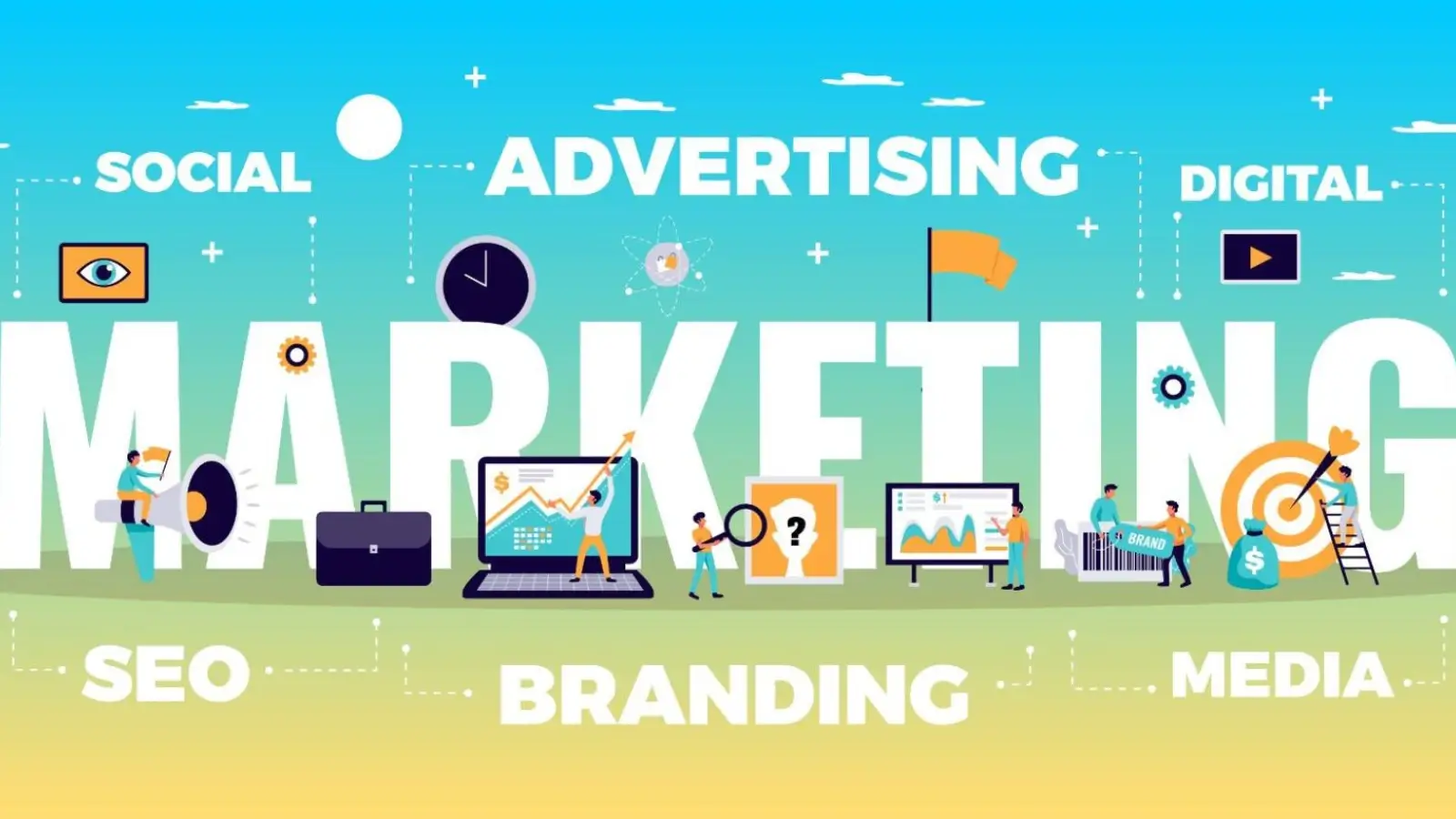


In the current competitive world of doing business, visibility and brand awareness are major success factors. The conventional forms of marketing can still be useful, but no longer enough to suit the actions of the new consumers who spend a significant percentage of their time surfing the internet. It is at this point that digital marketing comes in and provides us with some of the most effective tools and strategies that can assist businesses in finding ways of interacting with audiences, gaining trust, and achieving growth.
Digital marketing does not simply entail the presence of a website or presence on social media. It is a combined strategy that involves the integration of creativity, data-driven insights, and the use of advanced technology to achieve desired outcomes. Organizations that appreciate the significance of such strategies have a higher chance of succeeding during the digital age.
Digital marketing encompasses the promotion of products, services, or ideas utilizing online and digital spaces. In contrast to traditional marketing which uses billboards or print ads, digital marketing enables two-way communication with audience members. Digital marketing is also far more cost-efficient, flexible, and easy to track compared to traditional offline marketing.
Digital marketing incorporates several functions, some of which include:
Search Engine Optimization (SEO): Improving design and content on a website to rank higher in search engines, resulting in more traffic.
Content Marketing: Creating value through blogs, videos, infographics, and other resources while demonstrating expertise in a particular area.
Social Media Marketing: Audience engagement through posts, ads, and other community activities on platforms such as Instagram, TikTok, and LinkedIn.
Pay-Per-Click (PPC) Advertising: Targeted traffic driven to a website through paid ads on search engines and social media.
Email Marketing: Customer relationships developed through personalized automated campaigns, promotions, and newsletters.
The primary benefit of digital marketing is its ability to connect with people on the internet. Consumers are engaging with digital content on the web and every search engine, social media platform, and online shopping site, and thus, businesses can capture their attention with the right marketing tools.
The other aspect of digital marketing is the ability to collect and analyze data. Each click and every view and purchase offer businesses valuable insights into customer behavior. This data can help businesses refine their marketing campaigns, customize their offers, and better address their customer’s needs. The difference between traditional advertising and digital marketing is that with advertising, the results are vague and with digital marketing, the results are clear..
The digital world continues to evolve at a rapid pace. New technologies and changing consumer habits shape how businesses must approach marketing. Some notable trends include:
Artificial Intelligence (AI): AI-powered tools are helping marketers analyze data, predict customer preferences, and automate tasks.
Voice Search Optimization: With the rise of smart speakers, more consumers are searching through voice commands, making optimization for natural language crucial.
Video Marketing: Short-form videos on platforms like TikTok and YouTube Shorts are dominating attention spans.
Personalization: Customers expect content and offers tailored to their interests, making personalization a vital strategy.
Sustainability Messaging: Increasingly, audiences connect with brands that prioritize sustainability and social responsibility.
While many companies manage their digital marketing in-house, the growing complexity of tools and strategies has led to a rise in outsourcing digital marketing solutions. Outsourcing allows organizations to access specialized expertise, advanced technologies, and fresh perspectives without overwhelming internal teams. It can also be a cost-efficient option for small and medium-sized businesses that cannot afford to hire large in-house teams.
The decision often depends on resources, goals, and long-term strategies. Some businesses prefer a hybrid approach, combining in-house knowledge of their brand with external expertise for specific campaigns or platforms.
Facing the challenges of digital marketing is unavoidable. Competition online is fierce, and it is hard to develop a unique selling point. Marketers have to constantly adapt to changes in Google and social media algorithms.
Moreover, audience expectations escalate each year. Customers want instantaneous replies and personalized, meaningful engagement. Additionally, businesses that do not meet these expectations quickly lose clients to more streamlined organizations. Data privacy is also a challenge, along with the ethical use of personal information.
For contemporary businesses, success hinges on digital marketing. Reaching audiences, assessing customer behavior, and facilitating metrics-driven interactions are all possible within the domain of digital marketing. Companies can develop robust digital strategies that can endure the test of time by appreciating the core concepts, adjusting to innovative developments, and achieving the optimal equilibrium between in-house and outsourced services.
In the context of digital marketing, visibility is only the tip of the iceberg. The value of digital marketing lies in the creation of long-term value. Remaining adaptable, proactive, and open to the future are the most effective ways to retain value and competitive edge in the contemporary climate.